NHF FUNDED WASH PROJECT PROGRESS REPORT
Lindii Peace Foundation (LPF) is actively implementing a WASH intervention titled “Expediting Nutrition and Protection Mainstreamed WASH Response.” This initiative aims to support populations affected by conflict and disasters in the Bama and Dikwa Local Government Areas (LGAs) of Borno State. It is part of the 1st Reserve Allocation for 2024, which addresses immediate food insecurity needs in North-East Nigeria, with funding provided by the Nigeria Humanitarian Fund (NHF).
Despite challenges posed by flooding that have limited access to implementation sites, the project has achieved significant success.
During the review period, LPF facilitated meetings for community entrance and project inception. Additionally, they successfully built the capacity of various personnel, including:
i. 101 field personnel, which comprised:
ii. 18 chlorinators,
iii. 3 technicians,
iv. 6 supervisors/FRC monitors,
v. 30 community mobilizers,
vi. 5 CRM desk attendants, and
vii. 39 community health promoters.
LPF is responsible for the operation and maintenance of 10 Solar Motorized Boreholes (SMBH) and 8 Hand Pump Boreholes (HPBH/HDW) in the IDP camps and communities of Bama and Dikwa. This includes water chlorination and monitoring of Free Residual Chlorine (FRC) at both the water point and household level.
Additionally, LPF has rehabilitated 4 boreholes (1 Solar Motorized and 3 Hand Pump), with the rehabilitation of two more currently in progress, in order to enhance local water availability. The organization has also provided sanitation cleaning materials and tools for daily maintenance and has rehabilitated 22 sanitation facilities, consisting of 16 in Bama and 6 in Dikwa LGAs.
Additionally, LPF is constructing 78 household sanitation facilities (including latrines and shower areas) in Ngurosoye, Bama LGA, with 28 already completed and 50 currently in progress. The 39 Community Health Promoters (CHP) have conducted hygiene promotion activities that reached a total of 14,601 individuals in Bama and Dikwa. These activities focused on the safe disposal of baby feces, handwashing practices, and hygiene training for parents and caregivers of children with Severe Acute Malnutrition (SAM), impacting 2,016 households.
Moreover, 5 CRM desks managed a total of 151 cases. Out of these, 54 cases have been closed, while 97 new cases have been opened and are currently receiving attention from the referred agencies as of the time of this report.





+5
All reactions:
2
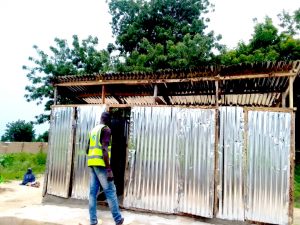
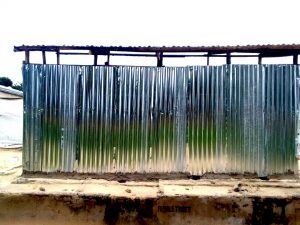
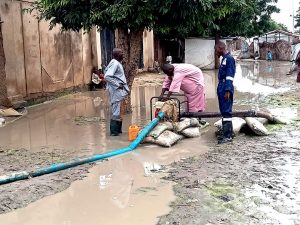
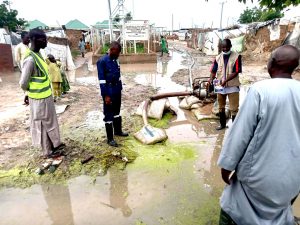
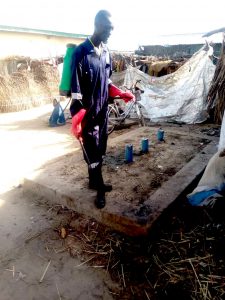
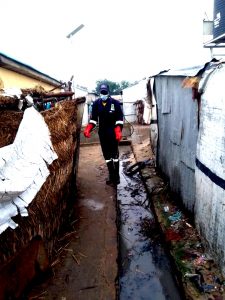
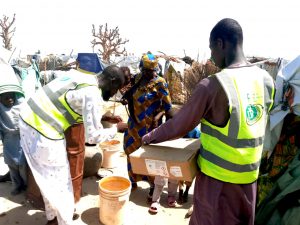
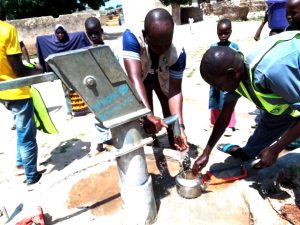
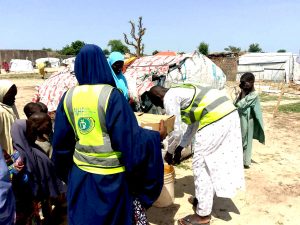
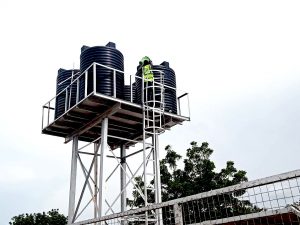
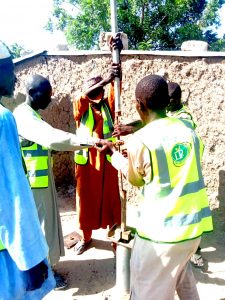

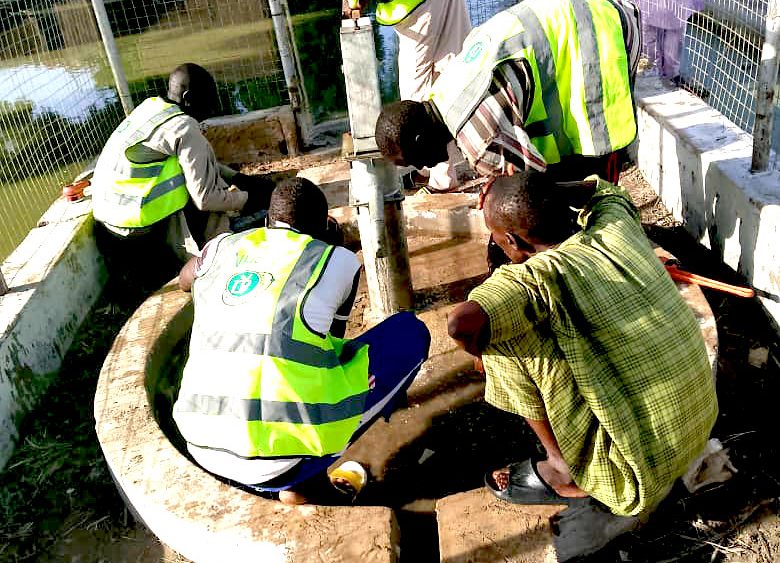
F*ckin’ awesome things here. I am very glad to peer your post. Thank you a lot and i’m taking a look ahead to touch you. Will you please drop me a mail?